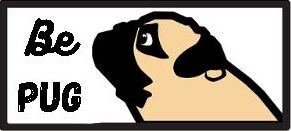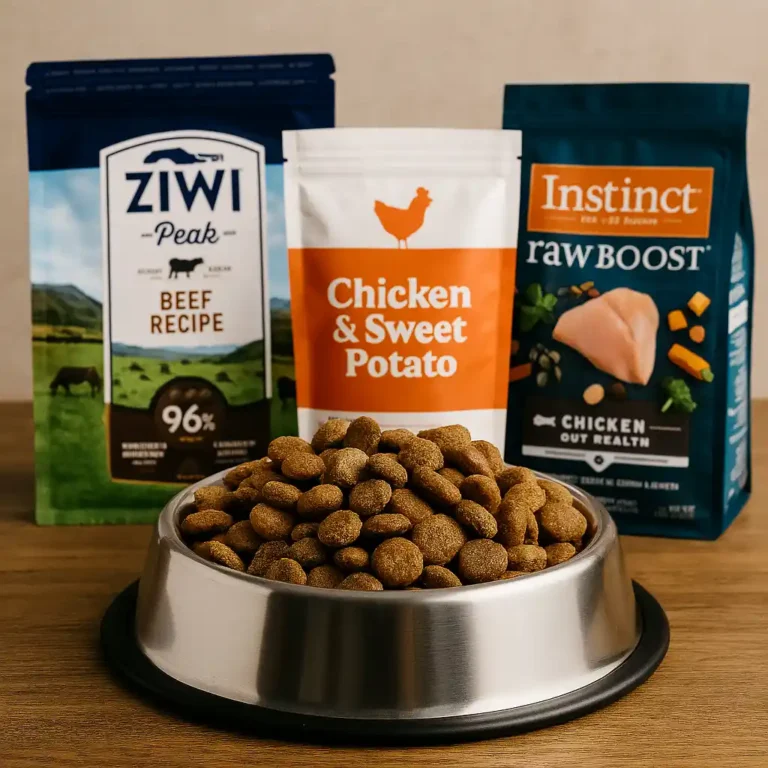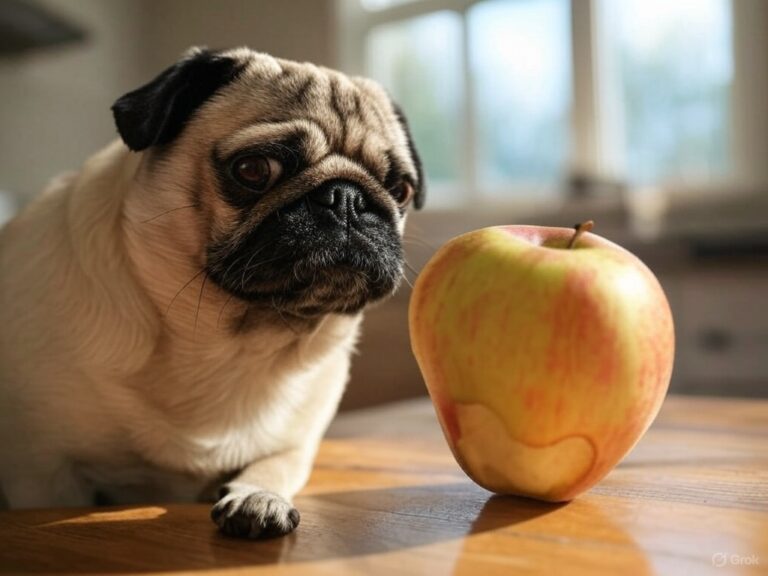Can Pugs Eat Strawberries? A Safe and Sweet Treat Guide

Disclosure: This post contains affiliate links. As an Amazon Associate, I earn from qualifying purchases—at no extra cost to you.
Pugs are known for their charming personalities and their tendency to beg for treats. If you’ve found your pug giving you those irresistible eyes while you snack on strawberries, you may be wondering — can pugs eat strawberries? The short answer is yes, but there are some important things to keep in mind.
Are Strawberries Safe for Pugs?
Strawberries are generally safe for pugs when given in moderation. These berries are packed with essential nutrients like vitamin C, fiber, and antioxidants. They can support your pug’s immune system, promote healthy digestion, and even help keep their teeth clean thanks to their natural enzymes.
However, to avoid potential risks, strawberries must be served properly. Always wash the fruit thoroughly, remove the stems and leaves, and cut it into small, bite-sized pieces.
Benefits of Strawberries for Pugs
Feeding your pug strawberries can offer several health benefits, including:
- Rich in Vitamins: Strawberries are loaded with vitamin C, which can boost your pug’s immune system.
- Low in Calories: Strawberries are a low-calorie treat that can be a great option for pugs prone to weight gain.
- Natural Teeth Cleaner: Strawberries contain enzymes that may help whiten your dog’s teeth.
- Packed with Antioxidants: These berries can reduce inflammation and improve heart health.
Potential Risks of Feeding Strawberries to Pugs
While strawberries are safe in small amounts, there are some potential risks to be aware of:
- High Sugar Content: Strawberries naturally contain sugar, which can contribute to weight gain if overfed.
- Allergic Reactions: Some dogs may be allergic to strawberries. Start by offering a small piece and watch for signs like itching, vomiting, or diarrhea.
- Choking Hazard: Whole strawberries can be a choking risk, especially for small dogs like pugs. Always cut them into smaller pieces.
How to Safely Feed Strawberries to Your Pug
Follow these tips to introduce strawberries to your pug’s diet safely:
- Wash the strawberries thoroughly to remove pesticides or dirt.
- Remove the stems and leaves as they can be difficult for dogs to digest.
- Cut the strawberries into small pieces to reduce the risk of choking.
- Start with a small amount to see how your pug reacts before offering more.
How Often Can Pugs Eat Strawberries?
Strawberries should be treated as an occasional snack rather than a regular part of your pug’s diet. As a general rule, treats should make up no more than 10% of your dog’s daily caloric intake. For pugs, this means just a few small strawberry pieces once or twice a week is plenty.
Conclusion
Strawberries can be a tasty and healthy treat for your pug when served safely and in moderation. They’re packed with beneficial nutrients and can add variety to your pug’s diet. Just be sure to introduce them slowly and keep portions small to avoid any stomach upset.






